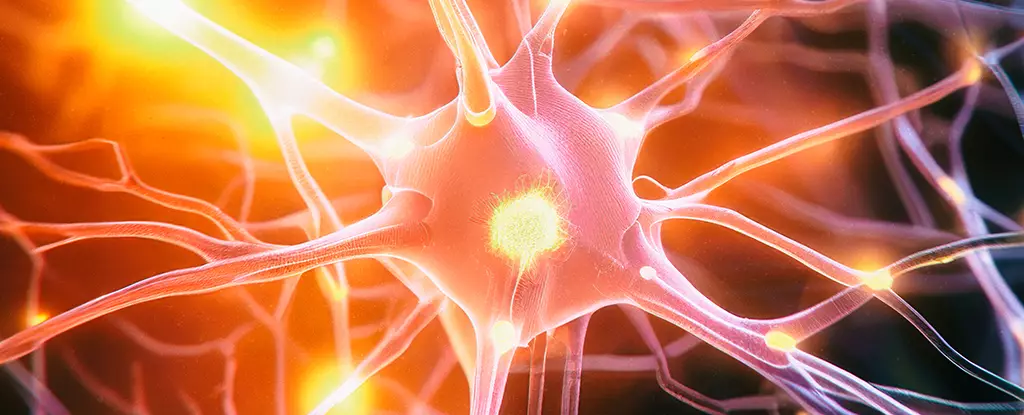Parkinson’s disease is a complex neurodegenerative disorder that primarily manifests through motor symptoms such as tremors, rigidity, and bradykinesia (slowness of movement). However, its impact extends beyond the physical realm, significantly affecting cognitive functions and emotional well-being. Recent research at the University of Arizona has spotlighted a new peptide drug—PNA5—that may offer hope for addressing the cognitive decline often seen in Parkinson’s patients. This article explores the implications of this research and the potential for PNA5 in treating the cognitive symptoms associated with the disease.
The Interplay Between Parkinson’s Disease and Cognitive Dysfunction
While the hallmark symptoms of Parkinson’s disease center around motor control, many individuals face cognitive challenges that can fluctuate over time. These cognitive impairments often include memory loss, decreased executive functioning, and mood disorders, which can substantially diminish the quality of life for patients. According to neurodevelopmental biologist Lalitha Madhavan, approximately 25-30% of patients diagnosed with Parkinson’s already exhibit mild cognitive impairment. This statistic highlights the pressing need for effective interventions that can address not just the motor symptoms but also the cognitive deficits present in these patients.
PNA5: A Promising Therapeutic Candidate
At the heart of the recent research is PNA5, a short peptide designed to target the receptors linked to blood pressure regulation. This peptide emerges as a compelling candidate due to its specificity and favorable breakdown profile within the body. The researchers conducted a series of experiments on mice exhibiting Parkinson’s-like symptoms, utilizing cognitive assessment measures alongside meticulous tissue analysis to gauge the compound’s effects.
The findings revealed that PNA5 significantly reversed indicators of cognitive decline, suggesting its potential as a dual-action treatment—addressing both cognitive decline and the underlying neuroinflammation associated with Parkinson’s disease. Kelsey Bernard, a neurobiologist involved in the study, expressed the hope that by adopting a protective strategy, the progress of cognitive deterioration could be halted, marking a critical advancement in therapeutic approaches.
Microglial Activity and Cognitive Degradation
A fascinating component of the research focuses on the role of microglia—immune cells in the brain that typically defend against pathogens and injury. In Parkinson’s disease, however, these cells can become overactive, leading to excessive inflammation that exacerbates cognitive decline and hampers neuroprotection. The introduction of PNA5 seemed to normalize microglial activity in the hippocampus of mice, which is vital since this region is crucial for memory and learning. By calming the microglia into a more balanced state, PNA5 effectively reduced the neuroinflammatory response that contributes to neuronal damage.
Moreover, the administration of PNA5 not only improved recognition and spatial working memory but also slowed down the loss of neuron cells within the hippocampus. This points towards PNA5’s dual role—blocking cognitive decline while also promoting overall brain health.
While the development of PNA5 and its associated research results are promising, the pathway to human application remains fraught with challenges. Safety and efficacy must be rigorously assessed in clinical trials before PNA5 can be widely adopted in therapeutic protocols. Additionally, further studies are necessary to delineate the precise mechanisms through which PNA5 exerts its beneficial effects in the human brain, as there remains a considerable gap in understanding the complete balance of interactions at play in neurodegenerative conditions such as Parkinson’s.
The quest for effective treatments against the cognitive decline linked with Parkinson’s disease symbolizes a critical frontier in medical research. With the advent of PNA5, there now exists a glimmer of hope for a more comprehensive therapeutic strategy that can enhance both motor control and cognitive function. As research progresses, there is optimism that improving cognitive symptoms may significantly uplift the quality of life for patients grappling with Parkinson’s disease, marking a pivotal step in our ongoing fight against this challenging condition. The commitment of researchers and the promise of novel treatments like PNA5 exemplify the potential for groundbreaking advancements in neuroscience, providing hope for millions affected by this debilitating illness.


Leave a Reply